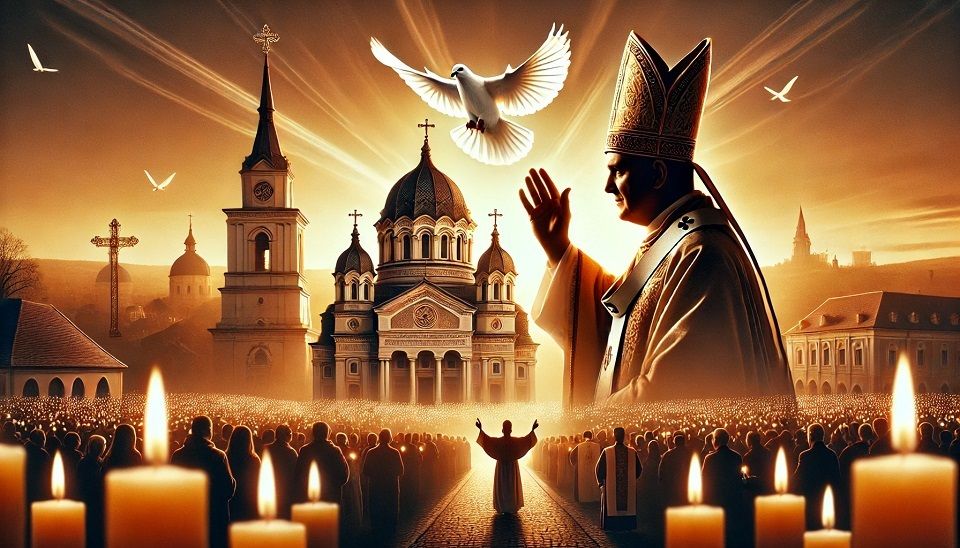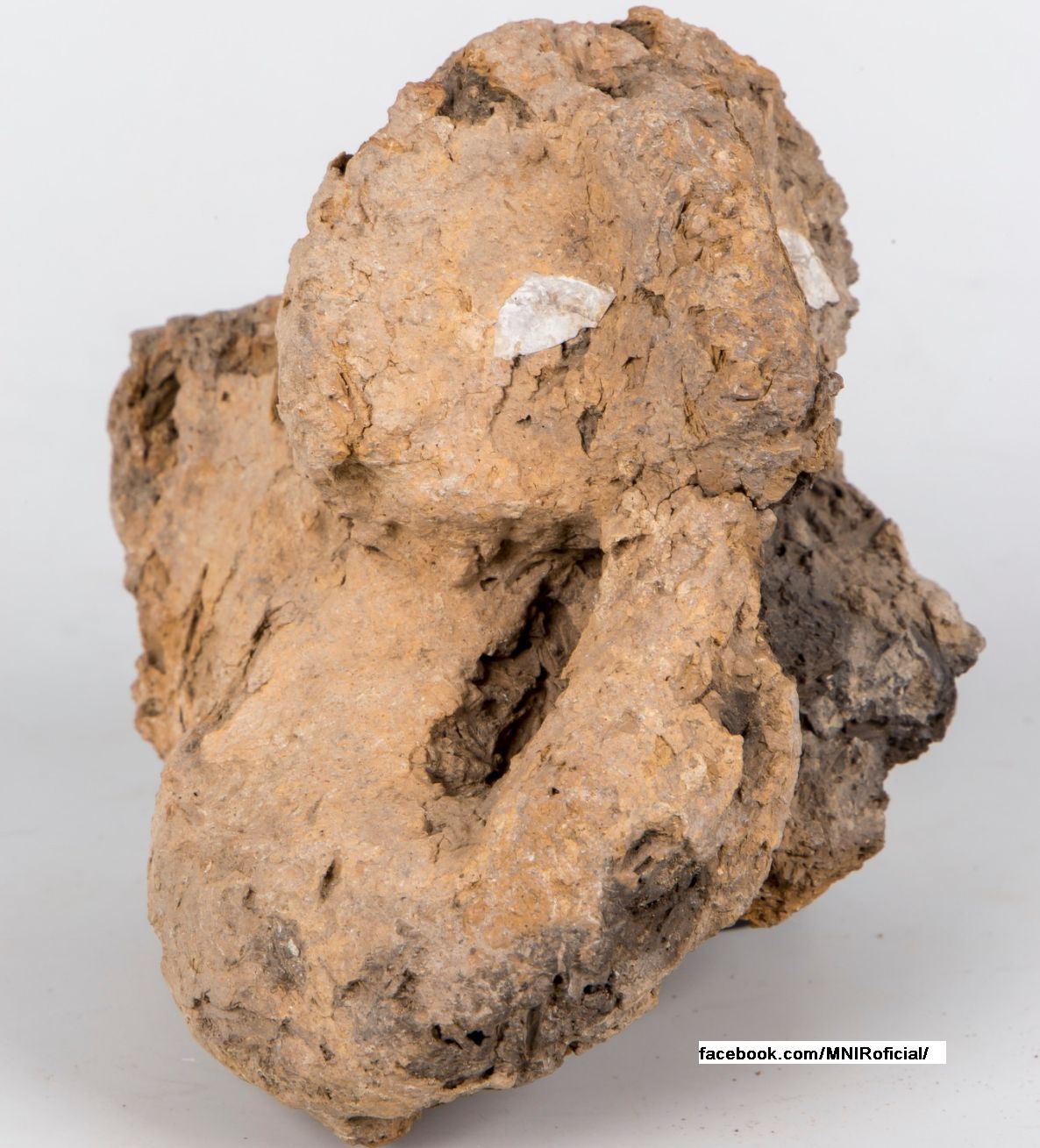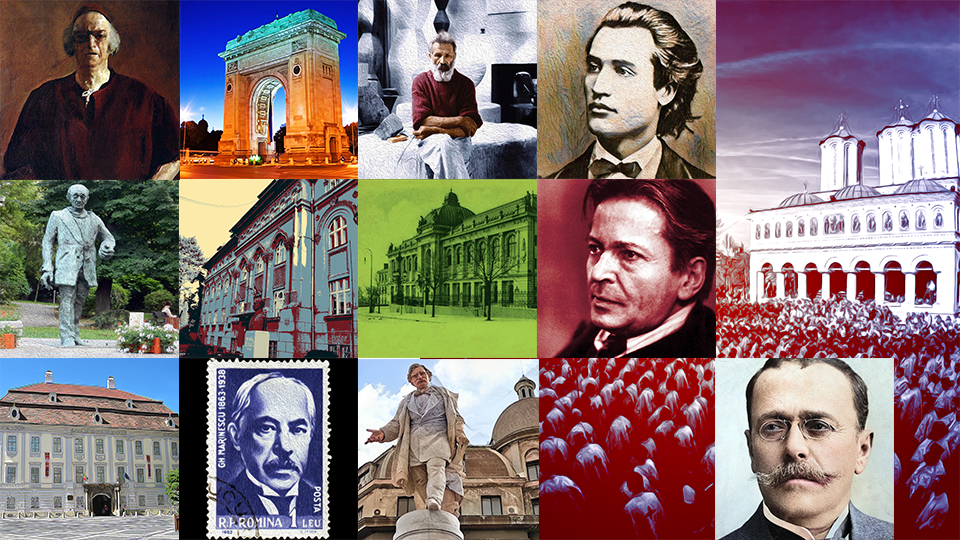The Jewish community in Harlau
A small town in northeastern Romania, Harlau was also home to an important Yiddish speaking Jewish community.
Christine Leșcu, 29.04.2013, 12:42
A small town in Iasi County, northeastern Romania, Harlau has a great historical importance. In the Middle Ages, ruler Stephen the Great built there a princely court and a beautiful church. His son, Peter Rares, also founded a church that has become famous in time. For centuries, Harlau was also home to an important Yiddish speaking Jewish community. This community and some of its most prominent members are the subject of a recent book written by historian Carol Iancu entitled “The Jews from Harlau. The History of a Community”. A professor in Montpellier, France, Iancu is himself a member of that community. He tells us more about the history of the place:
Carol Iancu: “The Jewish community in Harlau was first mentioned in historical records precisely 269 years ago. Other records dating from the 16th and 17th centuries also speak about the presence of Jews, especially Polish Jews, who settled in Moldavia following the facilities granted by the Moldavian rulers to Armenians, Polish and especially Jewish people in an attempt to develop trade in those parts. The history of the Jews in Harlau is marked by two very important moments. The first is the year 1742, the date of the first document indicating a stable Jewish community in Harlau. The document in question is a complaint made by the Jews to the then ruler against a local leader who did not observe the internal rules of the community. According to those rules, every Jew had to pay a certain tax depending on his wealth. The second important date is 1768. A document dating from that year shows that the then ruler Calimachi granted a tax exemption to a Jew by the name of Hetel Marcovici. That shows us that the Jews introduced the big industry in Moldavia, with Marcovici building in Harlau the first glass factory and the first paper factory in Moldavia.”
Many Jews born in Harlau went on to become important figures on Romania’s cultural and political scene. Carol Iancu again:
“I will start with the grandfather of Michael Landau who was a rabbi in Harlau in the 1840s. He wrote a beautiful book in Hebrew entitled “The Guardian of Religious Rules”, which shows us that the Jews in Harlau were exceptionally erudite. His grandson, Michael Landau, became a member of the Romanian Parliament. He was also the owner of the only daily paper in Yiddish in Romania which was published in Chisinau. Landau ran the paper until the installation of the Goga-Cuza government in 1937, during which the Jewish press was destroyed. Later, Michael Landau emigrated to Israel where he became a high ranking Israeli official. Another important figure from Harlau is the most popular journalist among Romanian Jews, Horia Carp. He contributed to the Curierul Israelit periodical and was also a senator. Besides, Carp was a talented writer. Unfortunately, he was arrested and tortured during the far-right Iron Guard regime. Eventually, he emigrated to Israel, but died at an early age because of the wounds sustained during torture.”
Like in many other Romanian towns, the Jews in Harlau were mainly craftsmen and traders. Some of them were tinsmiths and worked on the roof of many churches in Moldavia. Carol Iancu discovered a document prior to the First World War saying that the Jews of Harlau practiced 120 different crafts. Being such skilled workers helped them during the Holocaust. Historian Carol Iancu explains:
“When dictator Ion Antonescu ordered that all Jews living in the areas between the rivers Prut and Siret were to leave their villages and Jews living in other localities were to live in the county capitals, Harlau was the only place that did not evacuate its Jewish population. Dr Ioan Agapie, the then mayor of Harlau, managed to convince the authorities of Botosani County that the Jews could not be evacuated because they contributed exceptional services to the community, so most of the Jews got to stay.”
Unfortunately, the Jewish community in Harlau has dwindled significantly in time, with only a few surviving members today.





























